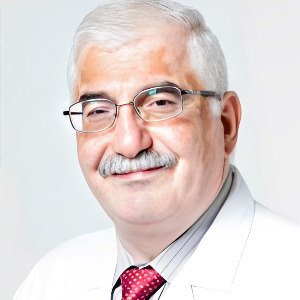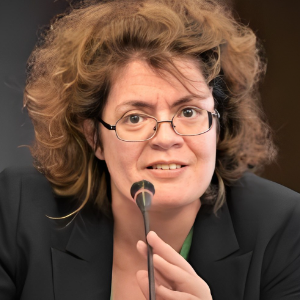HYBRID EVENT: You can participate in person at Orlando, Florida, USA or Virtually from your home or work.
Diabetes Education
Diabetes is a complex condition that involves daily self-management, such as eating healthy foods, staying physically active, monitoring blood sugar levels, and taking prescribed medications. Diabetes educators can empower the patients to manage their diabetes as doctors manage their treatment. Licensed healthcare professionals, such as registered nurses, registered dietitians, and pharmacists, provide diabetes care and education. They educate, coach, and guide patients so that they understand diabetes and how it affects their daily life, and they help them to develop (and achieve) behavior modification objectives to improve their health.
- Handling stress
- Nutrition education
- Self-management of diabetes
Committee Members

Mahir Khalil Ibrahim Jallo
Gulf Medical University, Canada
Yong Xiao Wang
Albany Medical College, United States
F Buck Willis
Belize Bible College, Belize Diabetes 2025 Speakers

Sujith Rajan
NYU Long Island School of Medicine, United States
Amy Gutman
AdventHealth; Tough Love MD, United States
Paraskevi Theofilou
Hellenic Open University, Greece


Title : Adipose MTP deficiency protects against hepatic steatosis by upregulating PPAR activity
Sujith Rajan, NYU Long Island School of Medicine, United States
Title : Important roles and mechanisms of novel calcium signaling in diabetes-induced vascular dementia
Yong Xiao Wang, Albany Medical College, United States
Title : Does winter melon (Benincasa hispida) improves nutritional values and ameliorating glycaemic parameters?
Wan Rosli Wan Ishak, Universiti Sains Malaysia, Malaysia
Title : Diabetes reduction (pre-diabetes and type 2) with integrative medicine
F Buck Willis, Belize Bible College, Belize
Title : The menopausal mind: Reframing female senescence as a neuroendocrine disorder with root cause management strategies
Amy Gutman, AdventHealth; Tough Love MD, United States
Title : Bridging the gap: Coaching patients on GLP-1s for sustainable outcomes beyond the prescription
Keith Hersey, Master Your GLP-1, United States